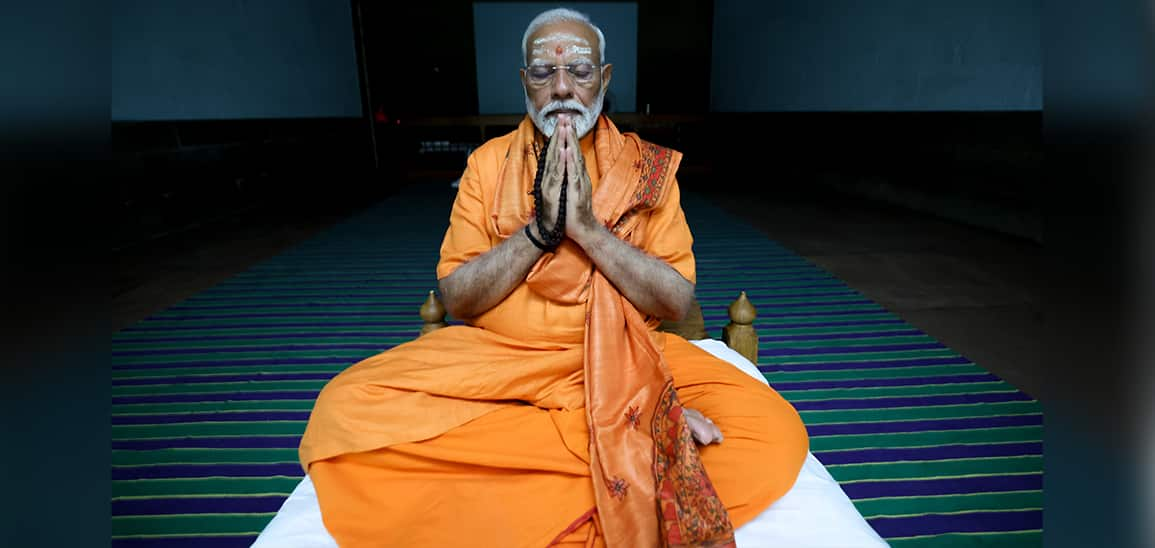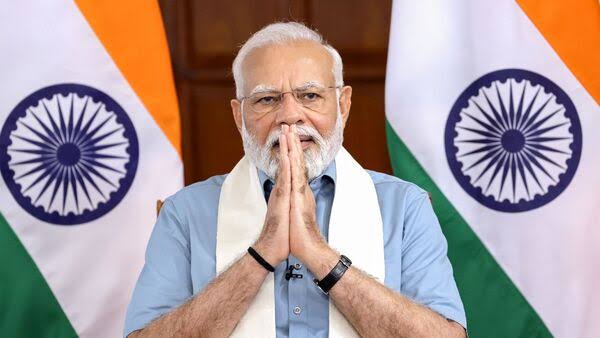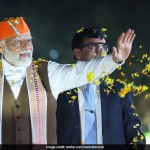Narendra Modi, the Prime Minister of India, has been a dominant figure in Indian politics for over a decade. His charisma and leadership have garnered him massive support across the country, especially in his parliamentary constituency, Varanasi. However, the recent Lok Sabha elections revealed a surprising shift in voter sentiment. Modi's electoral performance in Varanasi has seen a noticeable decline compared to previous elections. This article delves into the intricacies of this shift, analyzing voter behavior and the implications for the Bharatiya Janata Party (BJP).

The 2014 Modi Wave
In the 2014 Lok Sabha elections, Narendra Modi rode a significant wave of popularity, which was often referred to as the "Modi wave." This was his first time contesting from Varanasi, and his entry electrified the political landscape. Modi secured a staggering 5,81,022 votes, defeating his closest rival, Arvind Kejriwal of the Aam Aadmi Party, by a margin of 3,78,784 votes. Kejriwal managed to gather only 2,09,238 votes. This massive victory was a clear indicator of Modi's overwhelming support base in Varanasi.
The 2019 Elections: Sustaining Momentum
In the 2019 Lok Sabha elections, Narendra Modi once again contested from Varanasi. This time, he was up against Shalini Yadav of the Samajwadi Party (SP), who contested in alliance with the Bahujan Samaj Party (BSP). Despite the formidable opposition, Modi increased his vote tally to 6,74,664, winning by an even larger margin of 4,79,505 votes over Shalini Yadav. The Congress candidate, Ajay Rai, received 1,52,548 votes, far behind Modi. This victory reinforced Modi's stronghold in Varanasi and solidified his position as a popular leader in Indian politics.
The 2024 Lok Sabha Elections: A Decline in Support
The 2024 Lok Sabha elections, however, painted a different picture. Although Narendra Modi managed to secure a win in Varanasi, the number of votes he received saw a significant drop. Modi's vote count fell short of both his 2014 and 2019 totals, marking a concerning trend for the BJP. Specifically, Modi received 61,694 fewer votes than in the 2019 elections. This decline in voter turnout for Modi suggests a shift in the political landscape of Varanasi, indicating that his popularity might be waning.
Analyzing the Decline
Several factors could have contributed to the decrease in Modi's vote count in Varanasi:
1. Local Issues: Local governance issues and unfulfilled promises might have played a role in diminishing support. Voters may have felt that their concerns were not adequately addressed over the years.
2. Anti-Incumbency: After nearly a decade in power, Modi and the BJP could be facing anti-incumbency sentiments. This is a common phenomenon where prolonged governance can lead to voter fatigue and a desire for change.
3. Opposition Strategies: The opposition parties may have adopted more effective strategies and alliances to challenge Modi in his stronghold. Better organization and campaigning by the opposition could have swayed some voters.
4. Economic Factors: Economic challenges, such as unemployment and inflation, might have impacted voter sentiment. Dissatisfaction with economic policies can lead to a loss of support for the ruling party.
5. Social Dynamics: Changes in the social dynamics and demographic shifts in Varanasi could also influence voting patterns. New voters and changing community preferences may have contributed to the altered electoral outcome.
Implications for the BJP
The reduced margin of victory for Narendra Modi in Varanasi has significant implications for the BJP. It signals the need for introspection and recalibration of their strategies, both at the local and national levels. The party must address the concerns of the electorate more effectively and ensure that local issues are given due attention.

Additionally, the BJP may need to reinforce its grassroots presence in Varanasi and other constituencies to regain and strengthen its support base. Engaging with voters, addressing their grievances, and delivering on promises will be crucial for the party's future electoral success.
Conclusion
Narendra Modi's diminishing support in Varanasi, as evidenced by the recent Lok Sabha election results, underscores a changing political landscape. While Modi remains a formidable force in Indian politics, the decline in his vote count highlights the need for the BJP to address local and national issues more effectively. As India moves forward, the evolving dynamics in Varanasi will be a critical barometer for the broader political climate in the country.











